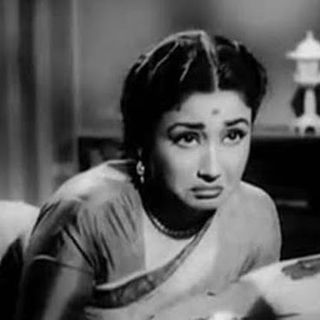A new study has found that biases against people perceived to be physically unclean and unhygienic start as early as five years old, and persist into adulthood.
Published in Journal of Experimental Child Psychology by researchers from Boston College and Franklin & Marshall College, the study concluded that children and adults were less likely to trust information from people who looked unclean. They also found that participants were less likely to attribute positive traits — such as intelligence or kindness — to individuals they thought were unclean or unhygienic.
“Taken as a whole, these findings suggest that people who are perceived to be dirty will be frequently mistrusted, marginalized, maligned, and misunderstood from an early age,” the researchers concluded in their study.
Researchers believe that the study’s findings may have social implications in the ongoing Covid19 crisis. People may apply these prejudices to those diagnosed with the disease and ultimately adopt negative beliefs and attitudes towards them. “It will be critically important for both children and adults to know to stay away from individuals who are contagious. However, it is possible that the stigma directed toward those who test positive for the coronavirus will last well beyond the course of the illness, and that other, less warranted avoidance tendencies will form and persist,” said Angie Johnston, a co-author of the report.
Researchers conducted three experiments with a group of 260 participants, including children aged 5-9 and adults, from India and the U.S. Respondents were shown photos of identical twins, one dressed neatly and in a clean setting and the other in stained, disheveled clothing in a littered setting. After this task, the team concluded based on results of a questionnaire that both children and adults considered clean adults to be more likely to possess favorable traits, such as intelligence or kindness, as compared to dirty adults. Adults were also more likely to trust information coming from clean adults.
In the second experiment, respondents were shown images of children along with an explanation for their dirtiness, such as illness, or accidental spillage. The researchers found that children and adults once again strongly favored the cleaner-looking photographs of people, regardless of the cause of dirtiness.
Related on The Swaddle:
Children as Young as 4 Associate Power and Money With Men: Study
The third time, both experiments were replicated among participants in India, which according to the researchers, is “a country that has historically endorsed strong purity norms.” They observed similar results.
“These biases are generally constant across different causes of dirtiness,” said Joshua Rottman, an assistant professor at Franklin & Marshall and co-author on the report in the press release. “There are no clear differences between biases directed toward individuals who are sick versus individuals who are intentionally dirty versus individuals who are accidentally dirty.”
Hygiene, of course, has many health benefits, which is one possible explanation for a root cause of bias against people who don’t exhibit physical ‘cleanliness.’ However, according to Rottman, these biases may lead to prejudice against even towards those who are dirty or sick for no fault of theirs; for instance, because they are homeless or involved in jobs that get them dirty.
Researchers are also trying to determine whether the results are similar for those who are considered “dirty” because of the existing stereotypes against certain groups of people, such as immigrants.




